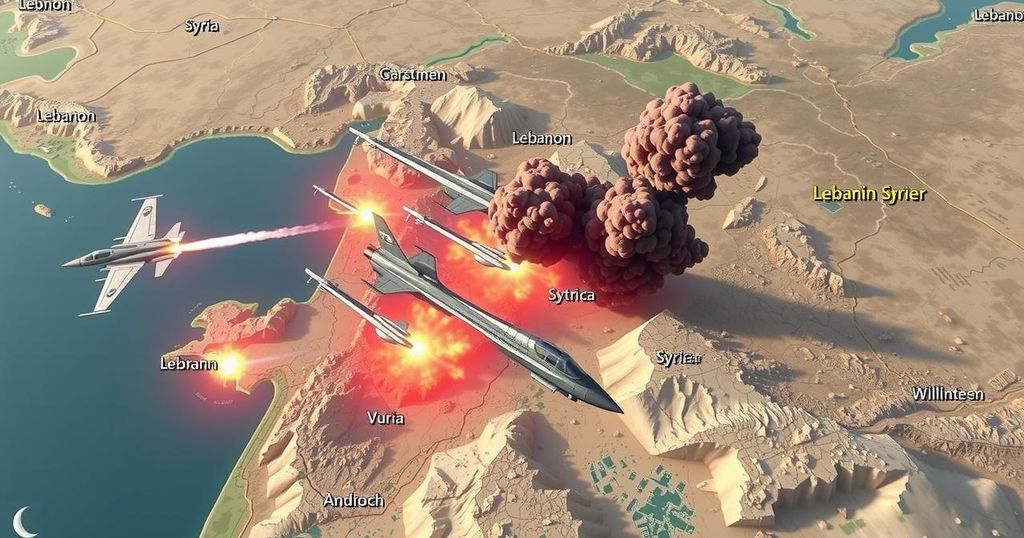As Mahmoud Abbas marks two decades as Palestinian Authority President, his leadership is characterized by persistent challenges, including internal factionalism and stalled peace negotiations with Israel. Born from a desire for Palestinian statehood, Abbas’s tenure reflects both a commitment to diplomatic efforts and the complexities arising from divisions within Palestinian politics. With renewed international interest and Saudi Arabia’s involvement, the future of a Palestinian state remains uncertain, contingent upon effective leadership and cooperation.
As Mahmoud Abbas commemorates two decades in office, his leadership is viewed through a lens of complexities, marked by internal divisions and determination. Assuming the presidency in 2005, Abbas succeeded Yasser Arafat, inheriting a fractured political landscape fraught with challenges including stalled peace talks with Israel and the underlying split between his Fatah party and the Islamist Hamas faction. Despite initial optimism for a peaceful resolution and international support, Abbas’s efforts faced hurdles, including Hamas’ control of Gaza since 2007 and persistent Israeli settlement expansion. Criticism surrounding his administration has mounted due to the lack of elections since 2006, perceived authoritarianism, and inability to foster Palestinian unity. Abbas’s 20-year tenure coincides with renewed international interest in the Israeli-Palestinian conflict, particularly with Saudi Arabia’s initiative to facilitate a two-state solution. The future of a Palestinian state appears uncertain, hingeing on internal cohesion among Palestinians and the receptiveness of Israel’s leadership, demonstrating the continued quest for Palestinian statehood amidst ongoing geopolitical challenges.
The leadership of Palestinian Authority President Mahmoud Abbas spans significant historical and political developments in the Israeli-Palestinian conflict. Since succeeding Yasser Arafat, Abbas has faced considerable difficulties, including the ongoing division between Fatah and Hamas and the challenges posed by Israeli policies. Abbas’s term, originally intended to last four years, has extended without elections, deepening issues of legitimacy and governance within the Palestinian territories. The international context has shifted recently, with Saudi Arabia emerging as a mediator in the peace process, providing a fresh opportunity for Palestinian statehood despite enduring tensions in the region.
Mahmoud Abbas’s twenty-year presidency embodies a mixture of resilience and missed opportunities in the pursuit of Palestinian statehood. As his leadership approaches a pivotal phase amidst renewed international efforts led by Saudi Arabia, the potential for achieving an independent Palestinian state depends on the ability of Abbas to navigate internal divisions, garner Arab support, and propel meaningful negotiations with Israel. The challenges ahead are significant, yet the underlying ambition of Palestinian self-determination remains a unifying aspiration for many.
Original Source: www.arabnews.com






